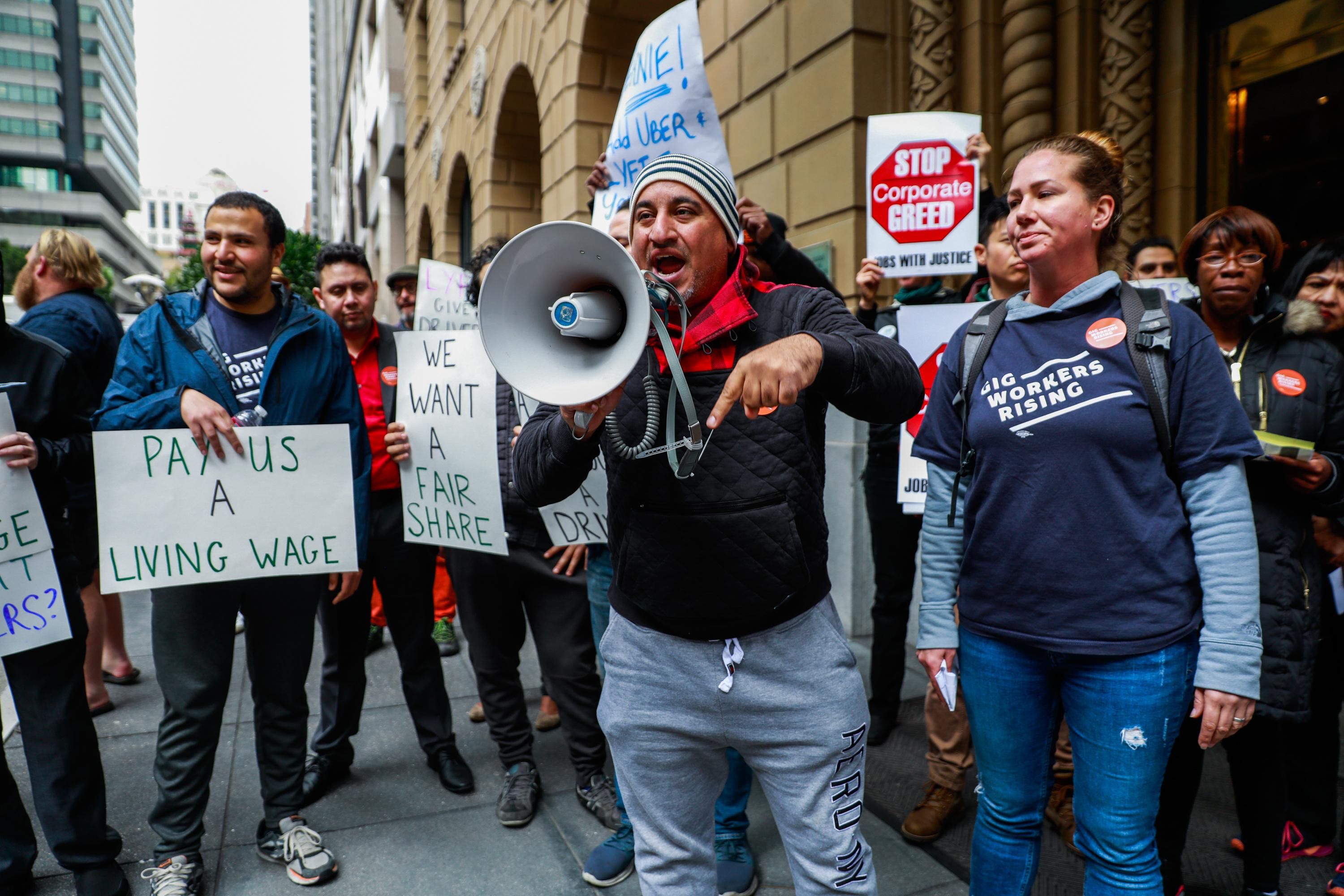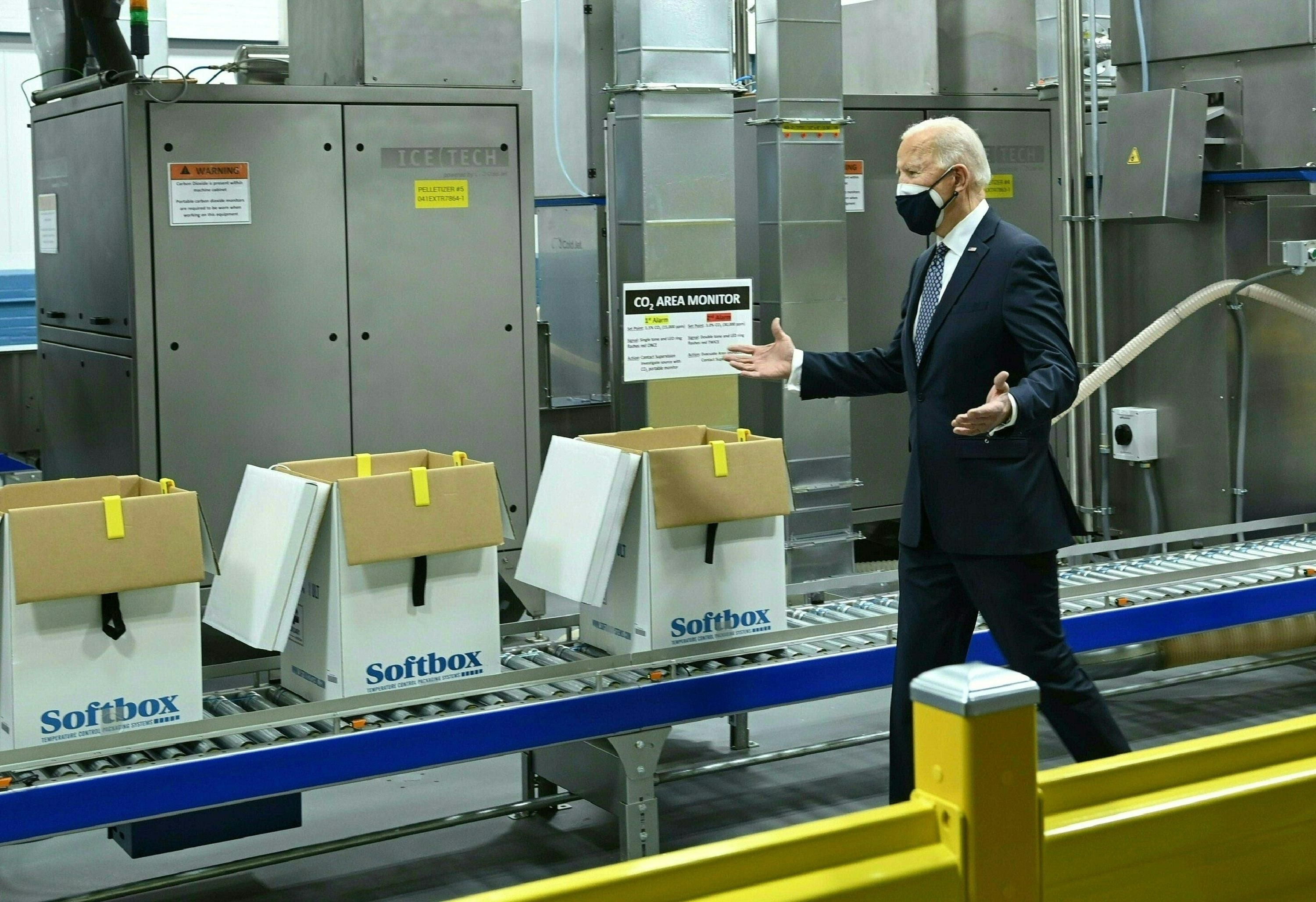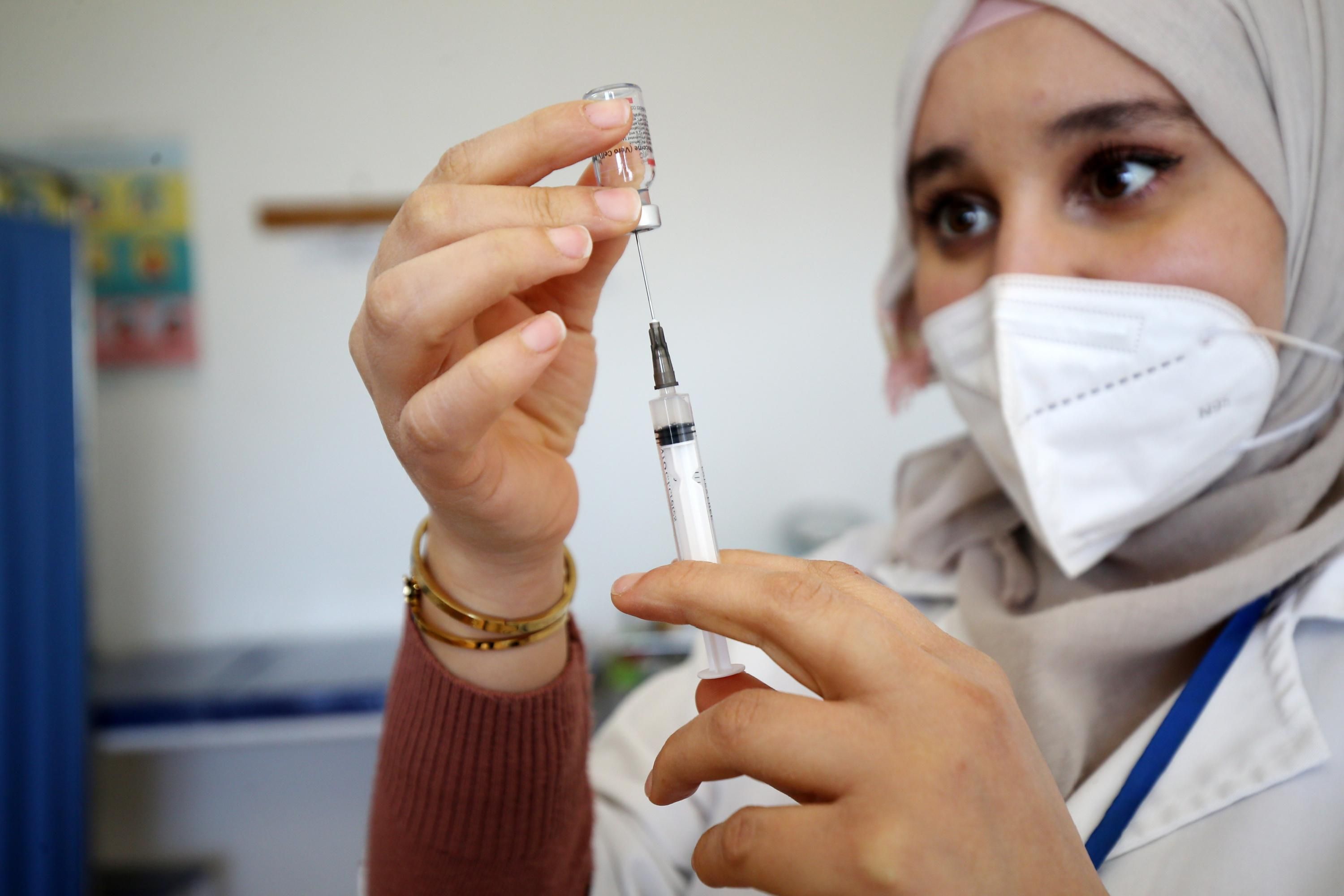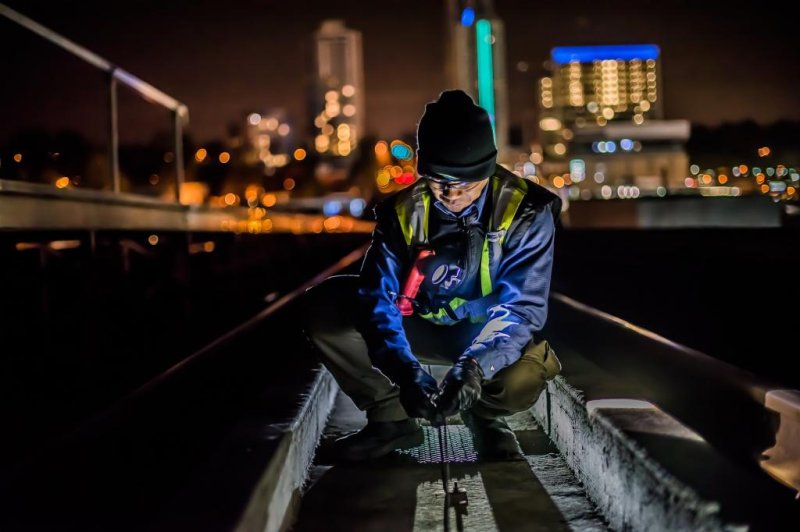"Imagine if they spent all this money paying workers fairly instead of on propaganda to prevent them from having to pay workers fairly," Gig Workers Rising said of app-based companies.

Lyft driver Al Aloudi speaks to demonstrators during a March 25, 2019 San Francisco protest against the company's pay cuts and its announcement that it is going public on Friday.
BRETT WILKINS
An app-based worker advocacy group on Tuesday decried companies including Uber, Lyft, and DoorDash for launching a new lobby group to fight federal and state-level efforts to protect workers and reclassify them as employees instead of independent contractors.
"There's nothing about working on an app, or having some flexibility in your work schedule that means people need to forfeit basic workers' rights."
The Hill reports the new lobby group, called Flex, will push back against Democrats' Protecting the Right to Organize (PRO) Act, a sweeping bill that, if passed, would expand collective bargaining rights, improve access to union elections, and impose penalties on businesses that exploit their workers.
The group will also fight state-level legislation to classify app-based drivers and other workers as employees—a status that would confer minimum pay, healthcare, and other benefits denied to independent contractors.
"Imagine if they spent all this money paying workers fairly instead of on propaganda to prevent them from having to pay workers fairly," the advocacy group Gig Workers Rising tweeted about app-based companies in response to Flex's formation.
The Wall Street Journal notes that some of Flex's members were previously members of the Internet Association, a lobby group representing tech titans including Facebook and Google.
Critics accuse app-based companies of seeking to extract maximum profits from their workers without providing them with the basic benefits and protections due to employees.
At the state level, Lyft in December made the largest one-time political donation in Massachusetts history—$13 million—to a coalition launched to fund a ballot measure that, if passed, would deny drivers employee status.
Meanwhile, tech companies including Uber and Lyft are backing a bill seeking to prevent app-based drivers from being classified as employees in Washington state. The measure, H.B. 2076, passed the state House in February and is expected to face a Senate vote as soon as next week.
The Massachusetts and Washington battles closely mirror California's fight over Proposition 22, a measure approved by voters in November 2020 that exempts app-based driver companies from classifying their workers as employees.
In what was the costliest ballot initiative in California history, Uber, Lyft, and DoorDash collectively spent $160 million supporting Prop 22. The app-based companies also pushed drivers to vote "yes" on the measure, while some high-profile opponents of the bill endured intense harassment.
Computer security researcher and app-based worker advocate Katie Moussouris on Monday said people should not believe the "propaganda" of app-based companies "trying to classify drivers as anything less than full-time employees."
"There's nothing about working on an app, or having some flexibility in your work schedule," she tweeted, "that means people need to forfeit basic workers' rights."










